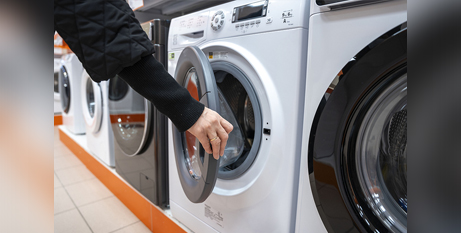
More than 350,000 zero-interest loans have been given to those on low incomes since 2003 – and experts say the financial alternative has changed lives. Source: The Guardian.
The national no-interest loans program (NILs) was started by Good Shepherd in 1981, when the Catholic nuns loaned $20,000 of their own money to members of the community. National Australia Bank jumped on board in 2003, and state and federal governments agreed to fund the background running costs, with community organisations helping to deliver the loans.
The loans cannot be used for cash or debts and the money goes directly to the supplier of a product or service. For most items, including mattresses, white goods and dental and medical bills, the borrowing limit is $2000. Bond loans can go up to $3000; vehicles and motorised mobility aids up to $5000.
More than 350,000 of these loans have been given to low-income Australians since 2003. Over the past year, 170 not-for-profits have issued more than 36,000 loans worth a total of nearly $60 million.
And the need is rising: Good Shepherd reports a 16 per cent increase in loans from September to February compared with the same time the previous year.
Dare Kavanagh, Good Shepherd’s national manager for the NILs program, said it was founded on the premise of removing the small financial barriers that stood in the way of “things working out” for people on low incomes, particularly those who have been through a difficult life event.
Good Shepherd expanded the zero-interest loan program last August, increasing the amounts available, extending the repayment period and opening it up to anyone earning less than $70,000 annually before tax ($100,000 for someone with a partner or children) to better assist low-income workers in the cost-of-living crisis.
FULL STORY
The no-interest loans helping Australians get back on their feet (By Stephanie Convery, The Guardian)
RELATED COVERAGE
Crackdown on buy now, pay later schemes announced as Labor warns of dangers of growing debt (The Guardian)






